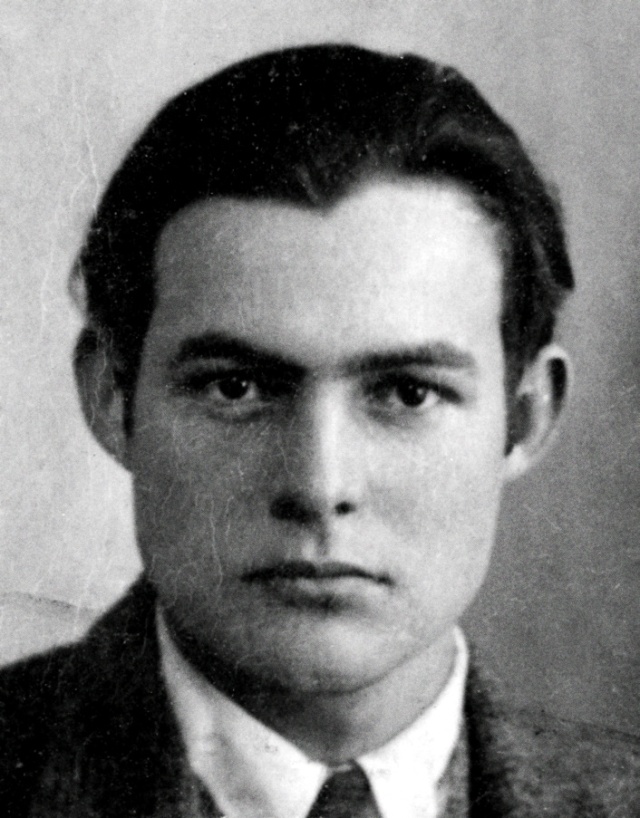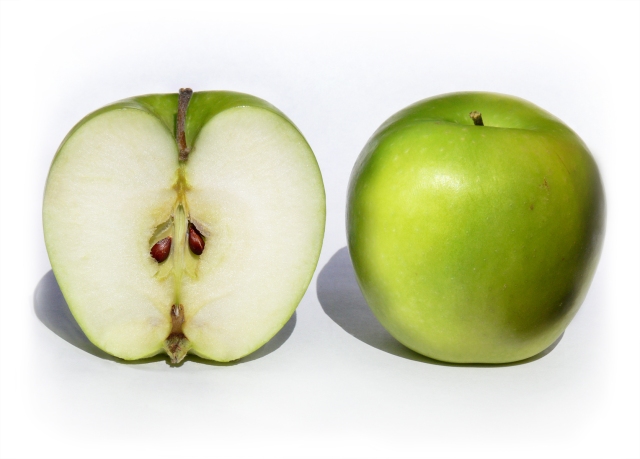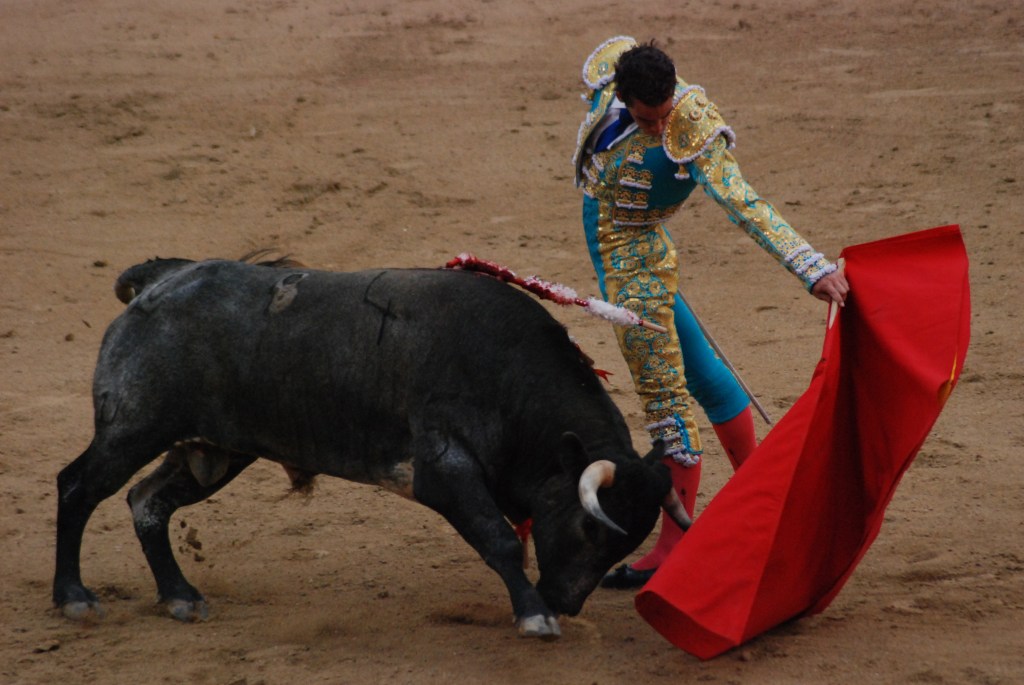“Every man’s life ends the same way. It is only the details of how he lived and how he died that distinguish one man from another.”
– Ernest Hemingway
Ernest Hemingway’s life came to a brutal and explosive end one early July morning in 1961, in Ketchum, Idaho, with a self-inflicted shotgun blast to the back of his throat. With his tragic death came the end of legend. Hemingway had lived. He had traveled, fought in a war, pontificated on bullfights. He had loved, he had drank, he had lost. He had done many things, and filled entire books with his life experiences and imagination.
It’s interesting to read about Hemingway’s early years, before he wrote all those great classics that made him famous. Before he became a celebrated author, he was just another hack reporter at the Kansas city Star, then in Toronto for the Toronto Star, before becoming a foreign correspondent in Paris for a time, which helped define him for years to come. Hemingway had famously remarked; “If you are lucky enough to have lived in Paris as a young man, then wherever you go for the rest of your life it stays with you, for Paris is a moveable feast.”
What happens before people get famous is seldom talked about, because it might not be as exciting for some. But it means everything. What happens before is the science of experience; that culmination of ingredients that metabolizes into something real, something concrete, and in some rare instances, something magical. This is the birth of one’s character.

In 1922, while Hemingway was in his second year in Paris, Quaker Oats gave us a one minute solution to make breakfast. It was called Quaker Quick Oats. Modern culture means an accelerated culture. It means faster than fast. That’s why, twenty years later, it became Instant Oatmeal. Now we have the instant celebrity. Buy a lottery ticket, become an instant winner. Go on a reality television show or better yet – make a sex tape, get famous. The idea of working hard for years seems as far fetched as a brown apple getting sold. One wonders what he would think of the world we live in today. What would Hemingway think of Keeping Up with the Kardashians, or American Idol?
The concept of becoming an accomplished artist after having lived a cultivated life has been lost. We’ve become a culture obsessed with youth and perfection. Many of the famous pop stars that dominate the charts are technically good to be sure; they can sing, they can dance – but there’s no soul behind those shiny bright eyes. Soul isn’t something that can be bought and sold. It is something you earn. And the only way to earn it, is through experience.
Another thing that’s increasingly on our cultural radars is safety and security. Helicopter parenting is the new norm. Bike helmets. Shin pads. We’re even pushing pills for our toddlers now. Prozac. Ritalin. A slightly alarming study just released in Australia concluded that one in every five parents admit to drugging their children on road trips. Protective gear for the body, and psychiatric drugs to pacify and dull the mind. But in a bubble wrapped culture where kids don’t fall down or hurt themselves, what war stories do they have to tell?
I’m not advocating for a total abandonment of safety equipment and pharmaceuticals. Concussions should be avoided and severe mental illnesses (such as Hemingway’s own) need treatment. But surely we’ve gone too far trying to create a false sense of security for children. How do we grow as individuals without experiencing sadness, pain, loss – even boredom? Boredom stimulates creativity. Tragedies define us. As painful and heartbreaking as they are, the sum of our tragedies make us who we are today, and stronger for them. As Jane Austen wrote in Pride and Prejudice, “Our scars make us know that our past was for real”.

There’s a new apple out there now, thanks to the latest in human technological advances. It’s called the Arctic apple. What makes it so special? It doesn’t brown with age. It doesn’t get ugly. When you slice it open; it won’t look any different with time. Devoid of imperfections, nothing will ever make that apple stand out in a crowd. It will look beautiful, to be sure. But it will never be remarkable.
The Arctic apple is a reflection of where we are in terms of values as a species. Not only do we expect objects to look perfect, we expect people to appear flawless as well. This is the age of Botox. People will gladly trade in their abilities to demonstrate facial expressions for tighter skin around the eyes and forehead. Washboard stomachs and perfect teeth are no longer the exception. They have become the rule. Is the age of Hemingway dead, now that we’re drowning in a sea of selfies? I hope not.
If you cut me open, you’ll find all kinds of bruises, scars and imperfections. Would I change any of them? Not on your life. They made me who I am today, for better or for worse. Otherwise, I’d be just another shiny apple, identical to everyone else.
All photographs courtesy of Wikipedia. Middle image of Ernest Hemingway is from his 1923 passport.

Leave a comment